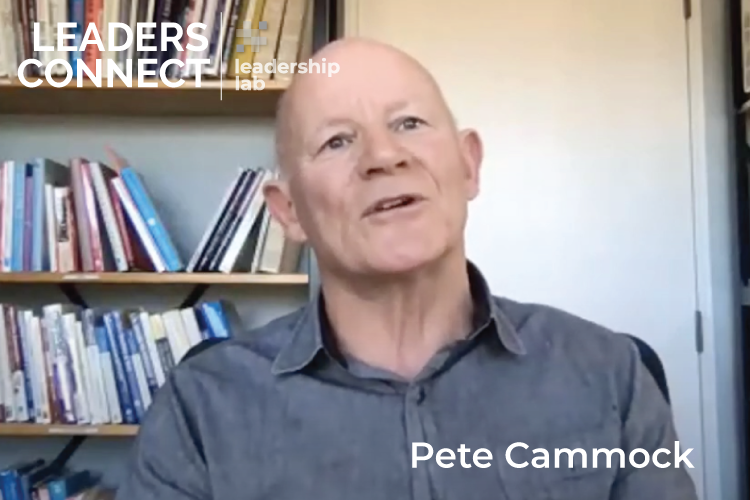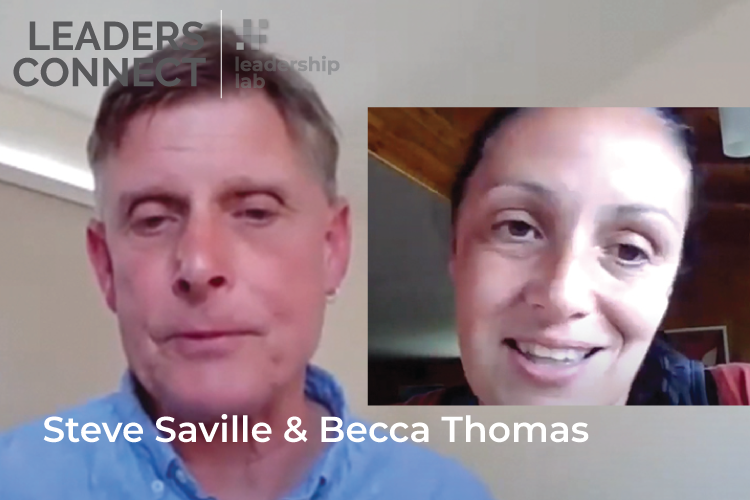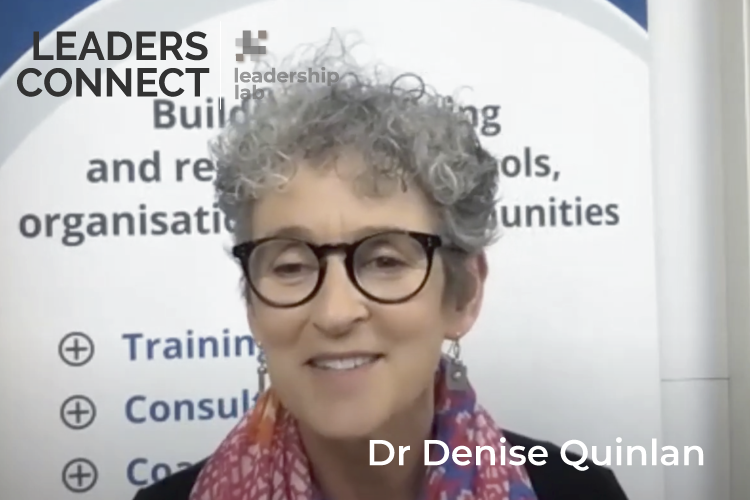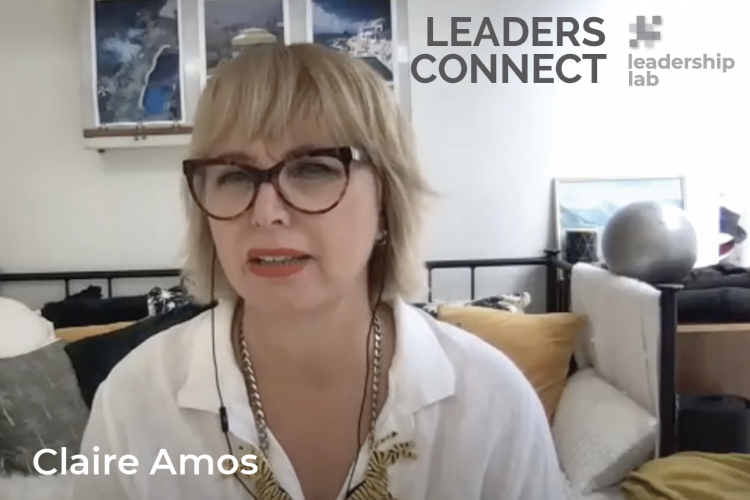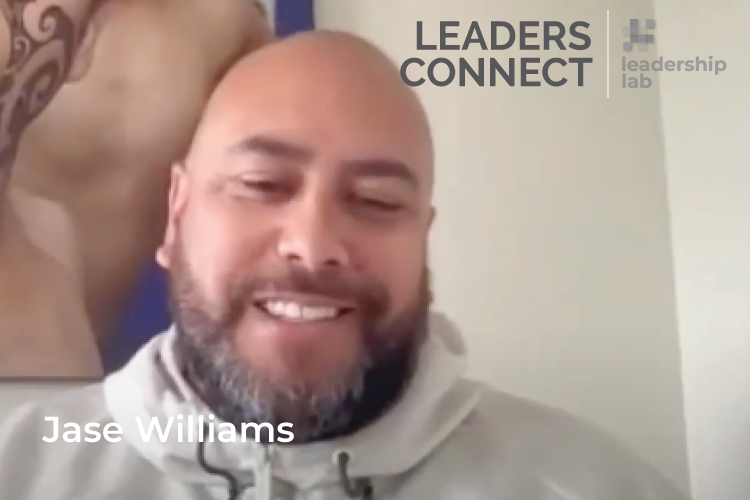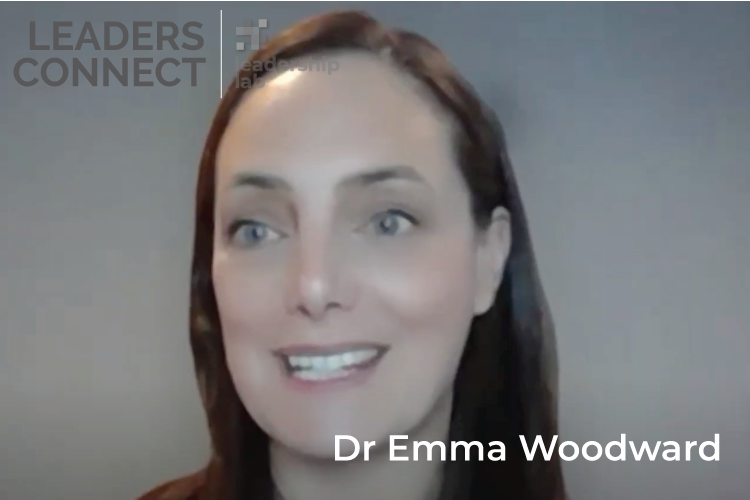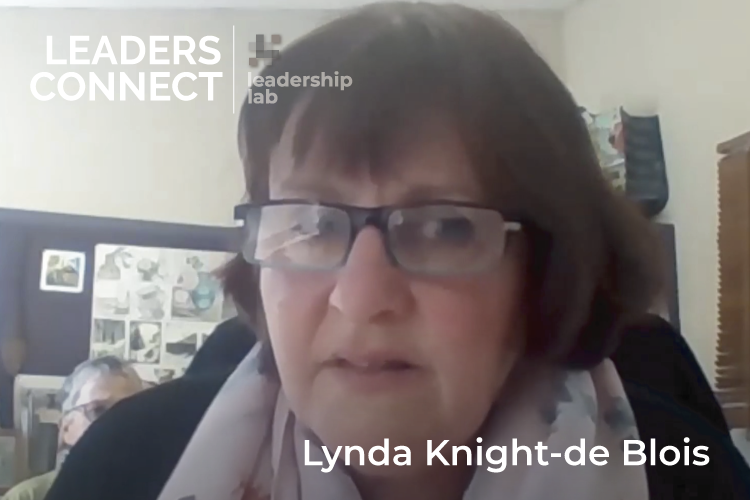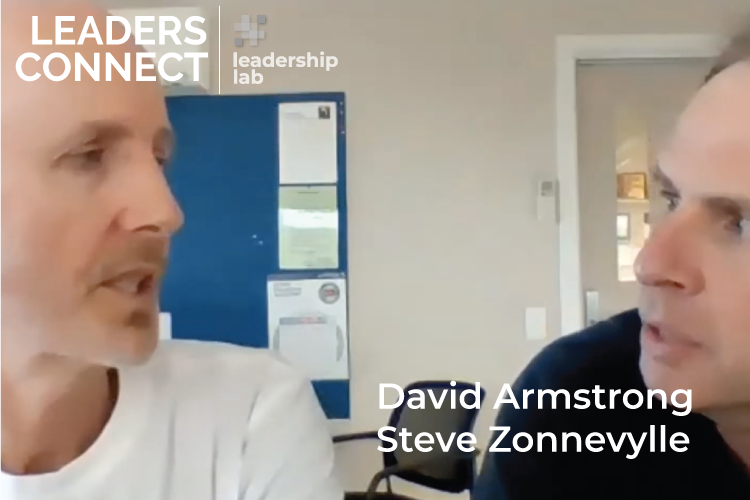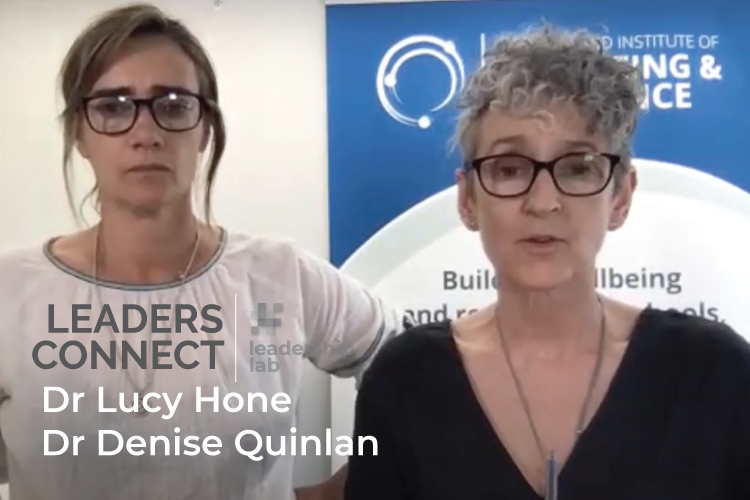B1 : Leading and living with purpose
Dr Peter Cammock explores the possibilities of purpose at an organisational level and discuss ways in which we can find a greater sense of alignment, purpose and meaning in our personal lives and work.
- What is the contribution your organisation is seeking to make? What is its purpose?
- How might you assist your organisation to take its purpose from something written on paper to something that is lived by everyone?
- Have you experienced a time in your life in which you felt a passionate sense of calling in your work?
- What were/are the personal and organisational benefits of having that sense of meaning and calling?
- How might we work as leaders to (re)connect our teams with a sense of meaning & calling in their work?
B2 : The Power of Narrative Pedagogy
In this Leaders' Connect hui recording from 27 October 2022, Steve Saville and Becca Thomas share their whakaaro on the power of narrative pedagogy.
- What is the biggest challenge to being effective in the space you want to lead or have been asked to lead?
- What is the biggest challenge you face in sharing leadership across the organisation?
B3 : Leading Well: self-care in a COVID environment
In this Leaders' Connect hui recording from 23 September 2021, Dr Denise Quinlan from NZ Institute of Wellbeing & Resilience shares her whakaaro on leading well: self-care in a COVID environment.
- What language will work for your context?
- What’s one thing you do that fills your tank?
- What’s one thing you will do for your self-care?
- How can you help your team ruthlessly prioritise and practice self-care?
- What’s one situation for you or your team where one of these strategies could be useful?
B4 : Leading to the North East
In this Leaders' Connect hui recording from 4th March 2021, Claire Amos (Principal, Albany Senior High School) shares her whakaaro on Leading to the North-East: Warm and Demanding Leadership.
- Have you ever worked with a warm and demanding leader?
- What impact did this have on you and those in your organisation?
- What strategies have you found successful to give people ownership around change?
- What mechanism are you thinking of putting in place to ensure people continue to walk the talk now that appraisal is no longer a requirement?
B5 : A Trauma-Informed Approach
In this Leaders' Connect hui recording from 10 November 2022, Jase Williams shares his whakaaro on healing communities using a trauma-informed approach in schools.
- We all carry our experiences like ‘backpacks’; and are all culturally located through different experiences. Many of us carry trauma – how does this impact on our ability to learn?
- Students daily throughout Aotearoa are punished for actions. How do we shift from not asking “what’s wrong with you” or “what’s happened to you” to instead ask “what’s happened within you?”
B6 : Leading with a trauma informed lens
In this Leaders' Connect hui recording from 7 April 2022, Dr Emma Woodward (The Child Psychology Service, NZIWR) shares her whakaaro on leading with a trauma-informed lens.
As a leader, and considering your role and influence;
- What would your ideal be?
- What can you do – and what’s realistic?
- What strengths do you already have and how can you grow these?
- What else do you need?
B7 : From trauma-informed to learning transformed
In this Leaders’ Connect hui recording from 21 October 2021, Lynda Knight-de Blois shares her whakaaro on moving "from trauma-informed to learning transformed".
- Trauma informed practice differs from PB4L and other school-wide “behaviour management systems”. What do you see as the opportunities and limitations of different approaches?
B8 : Be Slacker Better: learnings from the trenches
School principals and authors David Armstrong and Steve Zonnevylle share their whakaaro on "being slacker better" - learnings from the trenches of the 40 Hour Principals.
- What does “being slacker better” mean to you?
- How do we do this?
- How do you manage the balance and sustain being well?
- Where does professionalism sit with being slack?
- What does professionalism look like for you?
B9 : Finishing Well
Dr Lucy Hone and Dr Denise Quinlan from NZ Institute of Wellbeing & Resilience (NZIWR) share their whakaaro on Finishing Well: Strengths-based approaches for noticing the growth and the good.
- Where have you surprised yourself this year?
- What are you most proud of this year?
- Strengths – what did we do really well this year?
- Opportunities – what’s possible for us next year?
- Aspirations – what are our dreams for next year?
- Results – how will we know this is working?
- Where can you use these questions and frameworks to support hope & build confidence and resilience across your learning community?


